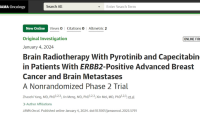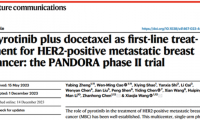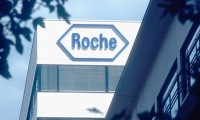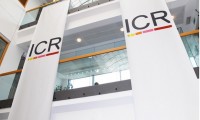-
Hengrui’s Innovative Drugs Piratinib and Dalsili Breast Cancer Indications Both Recommended by 2024 CBCS Guidelines
- Source: drugdu
- 177
- January 7, 2024
-
Hengrui’s Innovative Drug Pyrotinib Combined Therapy for HER2-Positive Metastatic Breast Cancer Featured in the Sub-journal of ‘Nature’
- Source: drugdu
- 115
- December 28, 2023
-
Roche shares positive late-stage results for inavolisib combination in advanced breast cancer
- Source: drugdu
- 108
- December 11, 2023
-
EirGenix’s Breast Cancer Biosimilar Receives Marketing Authorization by EC
- Source: drugdu
- 113
- November 28, 2023
-
AstraZeneca’s AKT Inhibitor Wins FDA Approval for Combo Breast Cancer Treatment
- Source: drugdu
- 128
- November 21, 2023
-
AstraZeneca’s Truqap plus Faslodex receives FDA approval for advanced breast cancer
- Source: drugdu
- 116
- November 21, 2023
-
Air pollution linked to increased breast cancer risk in women
- Source: drugdu
- 205
- October 19, 2023
-
ICR study finds way to determine efficacy of experimental breast cancer drugs
- Source: drugdu
- 101
- September 12, 2023
-
BioNTech, DualityBio Move ADC into Phase III for HER2-Low Breast Cancer
- Source: drugdu
- 108
- September 5, 2023
your submission has already been received.
OK
Subscribe
Please enter a valid Email address!
Submit
The most relevant industry news & insight will be sent to you every two weeks.













